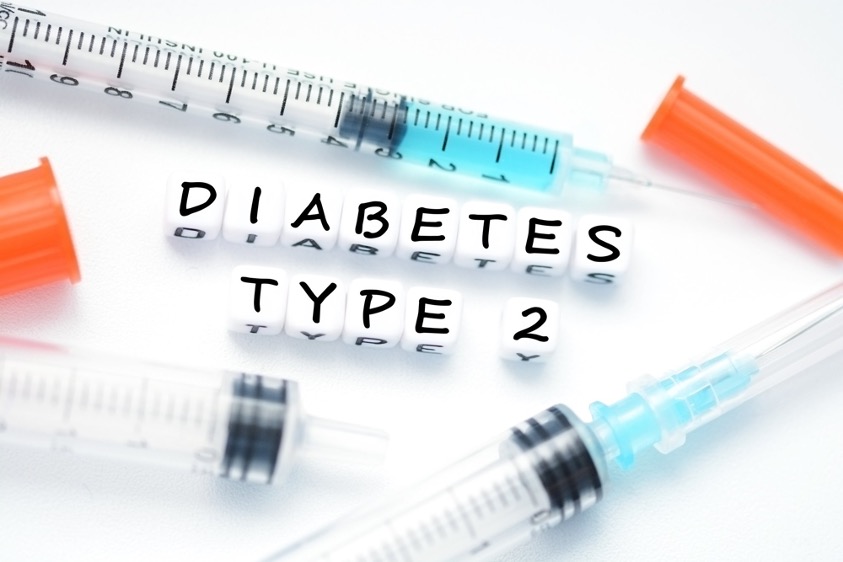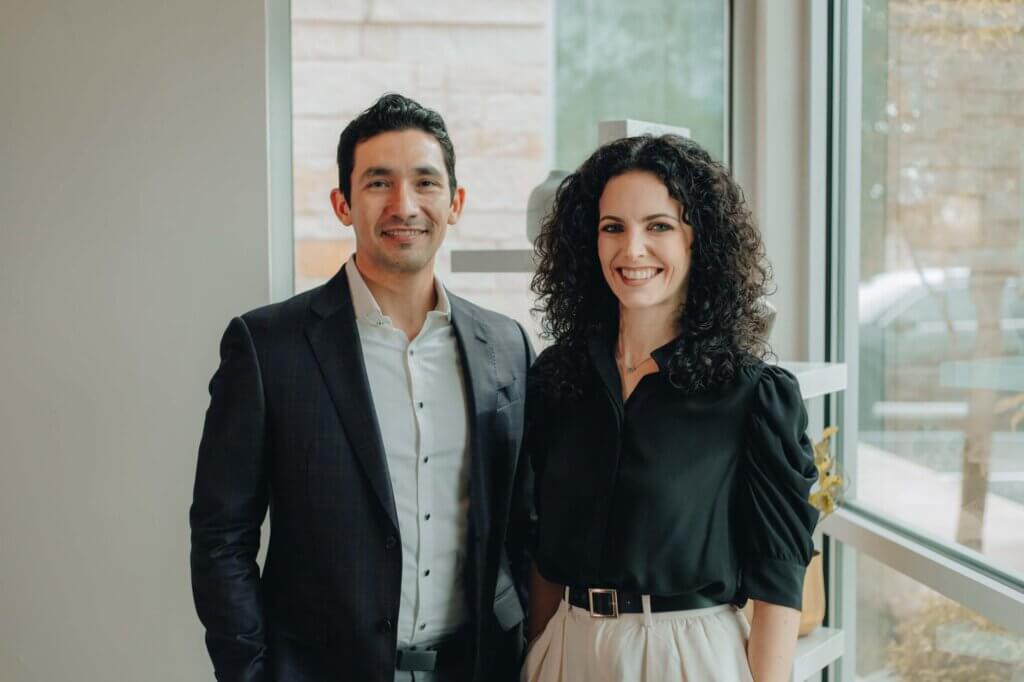Diabetes affects over 37 million Americans. Among them, around 90-95% are diagnosed with type 2 diabetes. If you’ve been diagnosed with type 2 diabetes, it’s natural to feel overwhelmed. But did you know that it’s possible to reverse this condition?
A supervised diabetes reversal program can help manage your diabetes. This leads not just to better blood sugar control but also to a healthier lifestyle.
These programs feature the latest diabetes research. They take into account the long-term effects of obesity and the specific dietary needs of patients with diabetes.
Imagine a life where you are no longer constantly checking your blood sugar. The advantages of diet plans for patients with diabetes extend beyond just diabetes control. You’ll feel the benefits of weight loss and better mental health.
Read on to explore more about our diabetes management guidelines today. Take the first step towards a healthier you.
Understanding Type 2 Diabetes
Type 2 diabetes usually develops during adulthood. It’s a chronic metabolic condition in which your body fails to properly use its own insulin and in some cases progresses to not producing enough.
It typically arises due to lifestyle factors such as obesity and lack of physical activity. If left untreated, type 2 diabetes can lead to serious complications, such as heart attack or stroke.
The good news is that in many cases, you can reverse type 2 diabetes with lifestyle changes. You just need to focus on some simple dietary modifications and regular exercise.
The Role of Insulin and Glucose
Insulin is a hormone produced by the pancreas that helps your body use glucose for energy.
When you digest food, your body converts sugar and other carbohydrates into glucose. These are then absorbed into the bloodstream. The pancreas then releases insulin which helps move this glucose from the bloodstream into cells for energy or storage as fat.
In people with type 2 diabetes, the cells become resistant to insulin causing glucose (sugar) levels to remain high in the blood. The panceas recognizes the high levels of glucose in the blood and begins to produce more and more insulin to try to make up for it. Eventually, this leads to an overworked pancreas, destruction of its insulin producing cells, and ultimately, insulin deficiency.
Symptoms and Diagnosis
If you notice any of these signs, it’s important to seek medical advice as soon as possible. The most common symptoms of type 2 diabetes include the following:
- Increased thirst
- Frequent urination
- Extreme hunger
- Blurred vision
- Fatigue
Your doctor will check your blood glucose levels. They’ll also look for other indications that you have type 2 diabetes, such as high levels of sugar in your urine.
If you have a type 2 diabetes diagnosis, lifestyle changes can help control your blood sugar levels. This will reduce the risk of potential long-term complications.
Risk Factors
Some risk factors can increase your chances of developing type 2 diabetes.
These include being over the age of 45, having a family history of the disease, being overweight or obese, leading a sedentary lifestyle, and consuming an unhealthy diet.
Controlling Type 2 Diabetes
Making small changes to your lifestyle can be a great way to keep type 2 diabetes under control. Eating a balanced diet, increasing physical activity, and reducing stress are all important steps in managing the condition.
Diet
Making changes to your diet is one of the best ways to control type 2 diabetes. Eating a balanced diet that includes plenty of fruits and vegetables, whole grains, and lean proteins can help regulate blood glucose levels.
A low-carb diet can also be effective. This involves reducing the amount of processed carbohydrates consumed and replacing them with healthy fats, unprocessed carbohydrates and lean proteins.
Exercise
Regular physical activity can also be beneficial in managing type 2 diabetes. Aim for 30 minutes or more of moderate-intensity aerobic exercise per day.
This should include activities such as walking, jogging, swimming, or cycling.
Stress Management
Stress can hurt type 2 diabetes management. Practices such as yoga and meditation can help reduce stress levels while also improving your wellbeing.
Working With Your Doctor
If you are trying to manage type 2 diabetes, it is important to consult with your physician. They will be able to provide advice on diet and exercise tailored to your individual needs and can help you to track your condition.
Taking Medications as Prescribed
If you have medications prescribed for controlling type 2 diabetes, you must take them as directed. This will ensure that your blood glucose levels stay within the normal range.
Bariatric Surgery
This is also known as metabolic surgery. It is a procedure that helps to reduce the amount of food you can eat by reducing the size of your stomach.
This can help with weight loss, which in turn can help control type 2 diabetes.
The Science Behind Diabetes Reversal
Recent studies have shown that it is possible to reverse type 2 diabetes. You can achieve this through lifestyle changes. It includes a healthy diet, increased physical activity, and stress management.
It is also important to work with your doctor when making these changes.
By following the steps outlined above, you can take control of type 2 diabetes and work towards remission. With the right combination of lifestyle habits and dedication to wellness, you can regain your health and lead a fuller life.
Benefits of Joining a Diabetes Reversal Program
If you are looking to take charge of your type 2 diabetes, joining a diabetes reversal program can be a great way to get started.
These programs provide extensive support and help to ensure that you are successful in your efforts. Here’s a list of reasons why you should consider joining a program.
Structured Guidance
A diabetes reversal program offers a step-by-step approach tailored to your individual needs. This helps you manage your diet, exercise, and stress optimally.
You will have a plan that helps you stay on track and make progress toward achieving remission. The guidance also ensures that the lifestyle changes are sustainable and you can maintain them over time.
Expert Advice
A diabetes reversal program provides access to nutritionists, dietitians, and other healthcare professionals. They can provide individualized advice that can help you in managing your condition.
Having access to healthcare professionals will provide you with accurate information, answer your queries, and assist in managing your medication.
Support Network
Having a support system for others who are facing the same struggles as you is essential for success. A good diabetes reversal program offers a safe and welcoming environment to discuss your struggles, exchange tips, and help each other out.
By participating in these programs, you can gain valuable insight from others who have been there before. This can be invaluable in helping you stay on track with your goals.
Accountability
Joining a diabetes reversal program helps to ensure accountability for your actions. You can enjoy the ongoing support of a coach who will help you stay on track with your goals and provide motivation.
This keeps you motivated and helps to make sure that progress is being made. The accountability also makes it easier to stick to the changes that need to be made for diabetes remission to occur.
Long-Term Results
By undertaking a diabetes reversal program, you can achieve long-term success. The structured guidance and expert advice will help to ensure that you are making the necessary lifestyle changes to see results.
Having a support system for other people who have been there before can also be beneficial for helping you stay on track with your goals.
Additional Resources
As well as guidance and advice provided, there are other extra resources available that can help you make lifestyle changes.
These include cookbooks with healthy recipes, online forums to discuss your progress, and informational websites with helpful tips. By utilizing all these resources together, you can be successful in achieving remission of type 2 diabetes.
Life After Remission
Once you have achieved success with a diabetes reversal program, it is important to maintain the lifestyle changes that you have made. This could include continuing to eat a balanced, healthful diet and exercising regularly.
It is also important to track your blood glucose levels regularly to ensure you maintain remission. You can do this using an at-home glucometer or visiting your doctor for regular check-ups.
Looking for Guidance on Type 2 Diabetes?
A diabetes reversal program can empower you to make lifestyle changes. These will help you o achieve and maintain remission of type 2 diabetes. Remember, it’s not just about the short-term results. It’s about establishing a healthier, more sustainable lifestyle for long-term success.
If you’re looking for structured guidance and a supportive community dedicated to helping you navigate through your journey, consider visiting Salveo Direct Care. With proper guidance, resources, and determination, diabetes reversal is within your reach.


